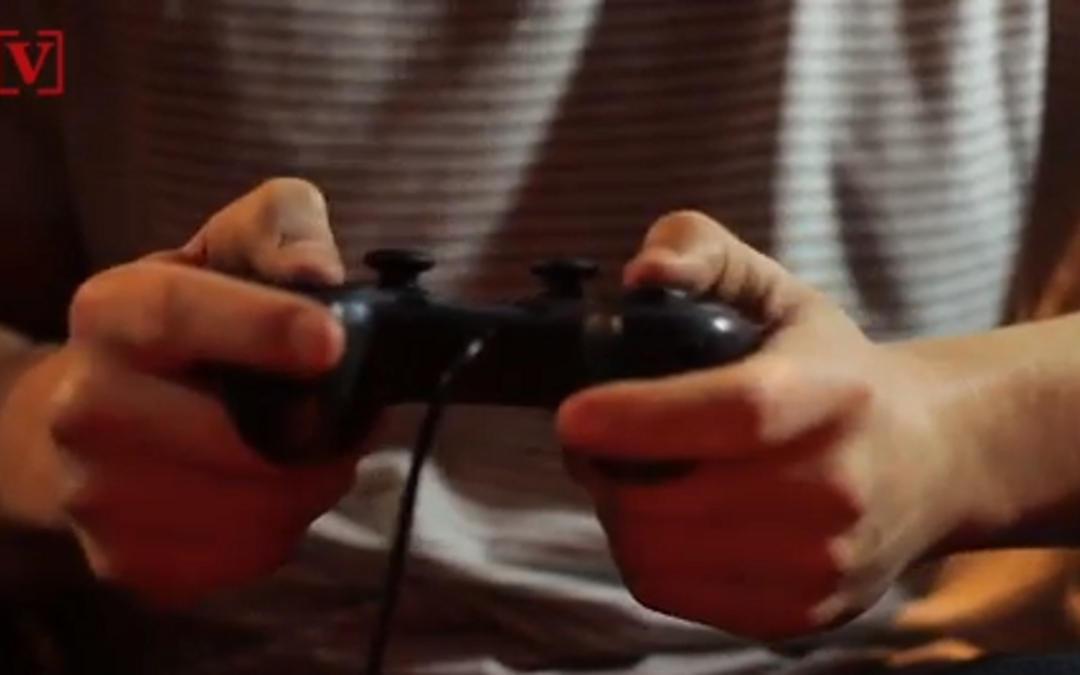CLOSE
Being addicted to video games is now considered a mental health disorder
Buzz60
Think your kid is addicted to video games? There could be something to it.
The World Health Organization has made video game addiction an official mental health disorder. The Geneva, Switzerland-headquartered organization has added “Gaming disorder” to the International Statistical Classification of Diseases and Related Health Problems or “ICD-11,” which goes into effect in January 2022.
The condition has been included in the global medical guide within a section detailing disorders due to substance use or addictive behaviors along with “Gambling disorder.”
The ICD-11 describes “Gaming disorder” as recurrent video game playing that leads to “impaired control over gaming” and an “increasing priority given to gaming to the extent that gaming takes precedence over other life interests and daily activities,” despite “the occurrence of negative consequences.”
Cracked: Why does my iPhone screen break so easily and what should I do now?
Data breach: First American Financial exposed data in millions of mortgage documents, report says
But health officials and video game industry representatives from across the globe have decried the WHO’s move saying it comes without adequate research. There still is not enough research to warrant the classification of a gaming disorder, wrote an international team of more than three dozen mental health researchers in a paper published in the Journal of Behavioral Addictions last year three months before WHO announced its plans to include “Gaming disorder” in the guide.
“Risk of abuse of a formalized new disorder that solely involves the behavior of playing video games – a stigmatized entertainment activity – can only expand the false-positive issues in psychiatry,” the researchers wrote. One of the researchers, Chris Ferguson, a psychologist and media researcher at Stetson University in DeLand, Florida, resurfaced the paper on Twitter after the organization’s action. “This expansion will likely have a psychological and societal cost, potential harming the well-being of our children.”
In case anyone needs a comprehensive review of why “Gaming Disorder” should not be diagnosable: @VanRooij and many of us push back with the (lack of) evidence here https://t.co/GdT4jodfU6
— Isabela Granic (@PlayNiceInst) May 27, 2019
The American Psychiatric Association has also said there was not “sufficient evidence” to consider gaming addiction as a “unique mental disorder.”
Citing similar concerns, video game groups from across the globe – including the Entertainment Software Association and UK Interactive Association – asked WHO to “rethink their decision.” WHO “is an esteemed organization and its guidance needs to be based on regular, inclusive, and transparent reviews backed by independent experts,” their statement said. “‘Gaming disorder’ is not based on sufficiently robust evidence to justify its inclusion in one of the WHO’s most important norm-setting tools.”
But there has been research documenting cases of people playing video games for up to 20 hours a day to the detriment of other activities including work, sleep and eating, Shekhar Saxena, expert on mental health and substance abuse for WHO, told Reuters.
Just a small minority of gamers may develop the problem, but the disorder’s classification could lead to early warning signs that prevent addiction, he says.
“This is an occasional or transitory behavior,” Saxena told Reuters, noting that persons must exhibit the behavior for at least one year to meet the diagnosis.
The WHO disorder definition covers online and offline game playing with an increased “priority … to the extent that gaming takes precedence over other life interests and daily activities; and continuation or escalation of gaming despite the occurrence of negative consequences.”
Follow USA TODAY reporter Mike Snider on Twitter: @MikeSnider.
Read or Share this story: https://www.usatoday.com/story/tech/news/2019/05/28/who-officially-classifies-video-game-addiction-mental-disorder/1256352001/
